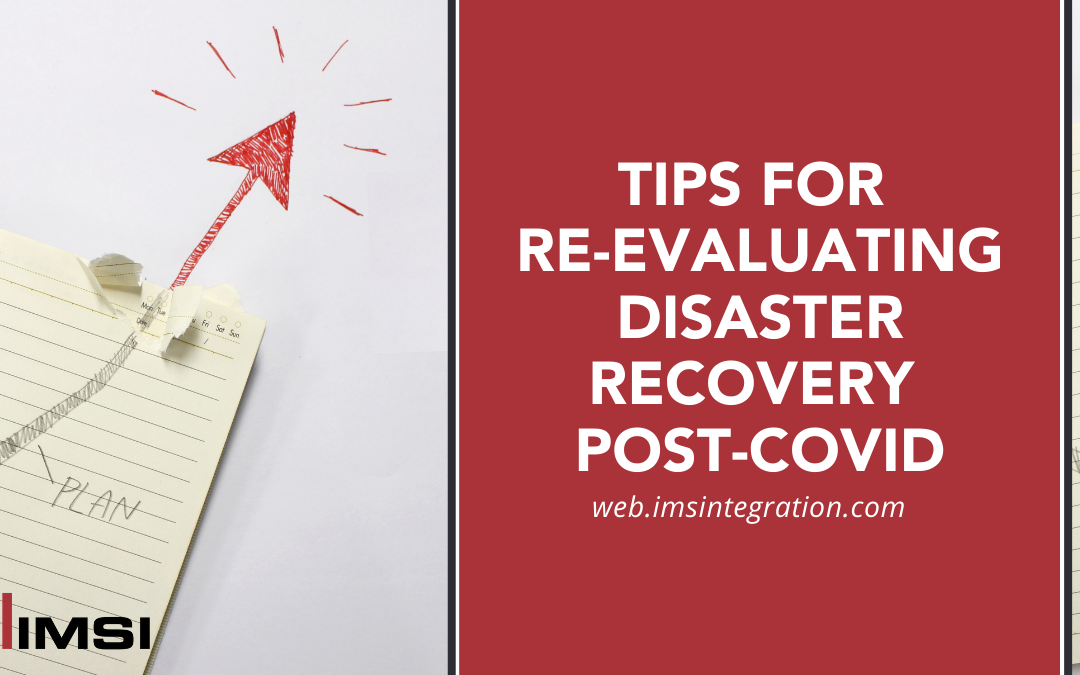
by Devon Wilson | May 8, 2025 | Credit Union Solutions, Disaster Recovery
For credit unions, the true test of resilience often comes during disruption: natural disasters, staffing shortages, cyber incidents, or even routine core downtime. In these moments, technology isn’t just helpful—it’s essential. Business continuity...

by Devon Wilson | Apr 10, 2023 | Disaster Recovery
In a world where technology has become intertwined with our daily lives, it is increasingly important to ensure that any potential disruption to IT systems is managed in an efficient and effective manner. IT resilience is a key concept that helps organizations...

by Devon Wilson | Jun 21, 2021 | Disaster Recovery
Disaster recovery planning is an essential part of every business. But what happens when a disaster strikes that is not only bigger than anything you ever needed to feasibly plan for? And what happens when the disaster is felt on a global scale? Let’s discuss...

by Devon Wilson | Oct 18, 2016 | Disaster Recovery
Like so many others, I start my day with a bowl of cereal and the morning news. It seems that most of the stories focus on tragedies throughout our country and throughout the world. I always look forward to the occasional positive story. Stories where people...





